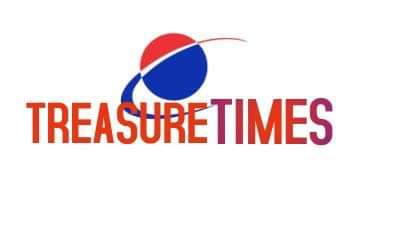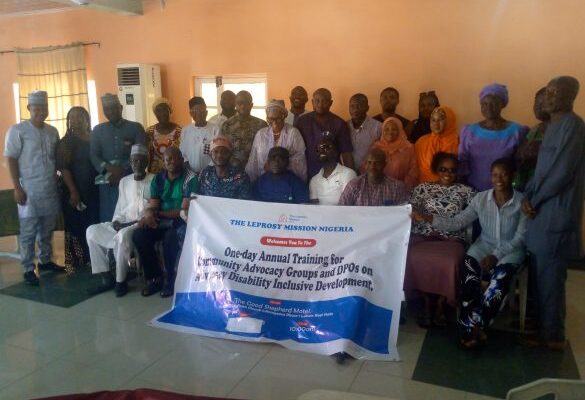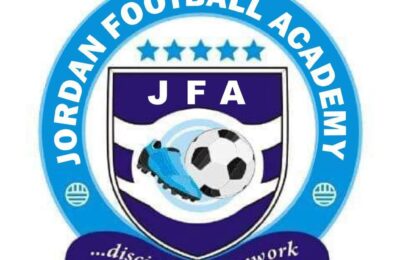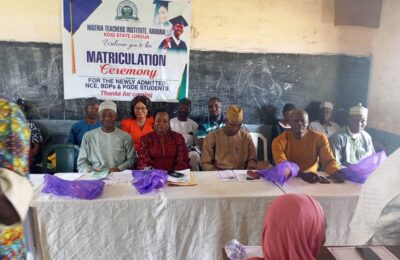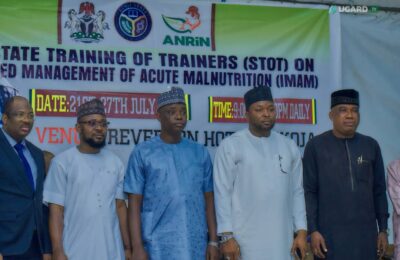…Inaugurates advocacy committee members
The Leprosy Mission of Nigeria TLMN has organized a One-day training for community advocacy groups and DPOs on advocacy disability-inclusive development.
Speaking in his opening remark, the Kogi Program Officer, The Leprosy Mission Nigeria, Mr. Ruben Isaiah noted that Persons with disabilities, on average as a group, are more likely to experience adverse socioeconomic outcomes than persons without disabilities, hence the need for the disability-inclusive development.
He said Persons with disabilities are more likely to experience adverse socioeconomic outcomes such as less education, poorer health outcomes, lower levels of employment, and higher poverty rates.
According to him, barriers to full social and economic inclusion of persons with disabilities include inaccessible physical environments and transportation, the unavailability of assistive devices and technologies, non-adapted means of communication, gaps in service delivery, and many more.
He further disclosed that as the inclusive disability project winds off by the end of 2023, the advocacy group committee set up will be saddled with the responsibility of championing the project and ensuring that the common benefit of the PWD is projected for execution.
While inaugurating the advocacy committee members, Mr. Ruben urged them to be resolute and persistent in their approach, adding that their work will no doubt come with some challenges.
He further disclosed that members of the committee are representatives of religious bodies, Civil Societies, Local Government, professional bodies, and technocrats.
Mr. Ruben expressed optimism that the advocacy committee will be able to carry on even when the Disability inclusion project ends later in the year.
In his paper presentation titled “Formation of Community Advocacy Group to Ensure Disability Inclusive Development for PWD in Kogi State” the Executive Director, of Renaissance Care and Empowerment Foundation (RECEF Nigeria), Amb. Idris Ozovehe Muraina, stressed that despite the expected constant increase, persons with disabilities tend to be unseen, unheard, and uncounted and continue to face multiple barriers to their participation in society and are exposed to violations of their human rights.
These rights he disclosed were well defined by The Convention on the Rights of Persons with Disabilities (CRPD), which includes those who have long-term physical, mental, intellectual, or sensory impairments which in interaction with various environmental barriers may hinder their full and effective participation in society on an equal basis with others.
He further emphasized that persons with disabilities need to be able to access and enjoy the full range of human rights, including legal recognition and protection and access to services and programs, on an equal basis with others.
This he said requires the concerted efforts of key stakeholders imbibing the principles of the Convention on the Rights of Persons with Disability, while ensuring that no one is left behind as we progress at the implementation of the state disability law.
While charging the advocacy members to be proactive and selfless in carrying out their new assignment, he pleaded with the key stakeholders to make themselves assessable and helpful towards the common good of the PWD in the state.
Highlights of the training are; group work to create work plans and schedules for the advocacy project and the inauguration of the advocacy committees.
